
Celtics Look to Future, Draft Alabama’s Davison at No. 53
The Celtics looked toward the future by selecting former Alabama guard JD Davison in the second round of the NBA draft on Thursday night.
Davison was an SEC All-Freshman Team selection this past season for the Crimson Tide, averaging 8.5 points, 4.8 rebounds and 4.3 assists despite only starting six games.
But the 6-foot-3, 195-pounder showed a propensity for big games, with two of 10-plus assists and 10-plus rebounds.
"He's a guy that we've seen all year long," Celtics president of basketball operations Brad Stevens said. "Very young. Very explosive - that's pretty obvious. Has the ability to get inside the paint and make plays and has some things that he'll have to improve on. But he's a good competitor."
It was the Celtics' lone selection Thursday after they traded their first-round pick to San Antonio as part of the deal that netted them Derrick White at the trade deadline.
It's the second straight year Boston didn't make a first-round selection.
Davison didn't work out for the Celtics during the pre-draft process, but he is someone that they kept tabs on throughout this past season.
He also fit the archetype of player that they don't need to contribute immediately.
"He'll be able compete for minutes like everyone else, but at the same time he can grow, develop and focus his attention on improving. I think that's an important place to be for a young player," Stevens said. "We've got a really good team. But he'll be able to put some heat on us with his speed on both ends of the floor. I'm looking forward to it."
It's part of an offseason in which the Celtics will have to be frugal as they look to add depth to a team that made a run to the NBA Finals.
Boston is teetering near the luxury tax threshold, but has three trade exceptions totaling just under $30 million to play with, including about $17 million left from the one created from its sign-and-trade of Evan Fournier last August.
Stevens reiterated that heading into free agency the evaluation process will be fluid when deciding how - or if - they'll use them.
"It really comes downs to costs," Stevens said. "If the costs are appropriate, then you continue discussions and if they're not you table it for now and maybe you return to those later. But at the end of the day the trade exception is a tool, but it's not our only avenue. ... That was one thing about tonight, we wanted to make sure we were smart about all of our future assets.
"We're smart about not shifting our team without very obvious moves that would help us."
More From 92.9 The Ticket
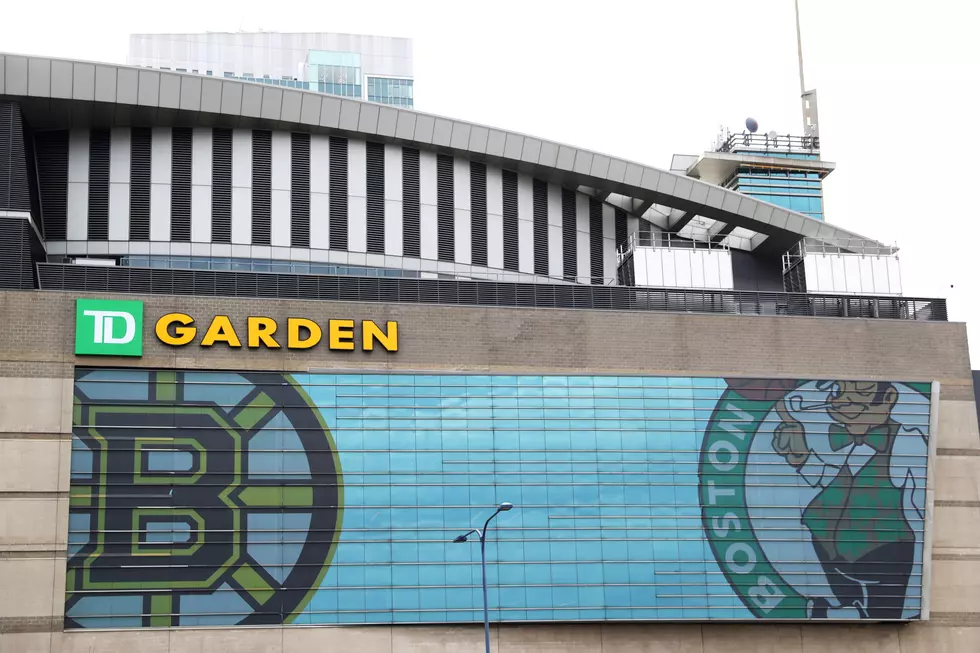
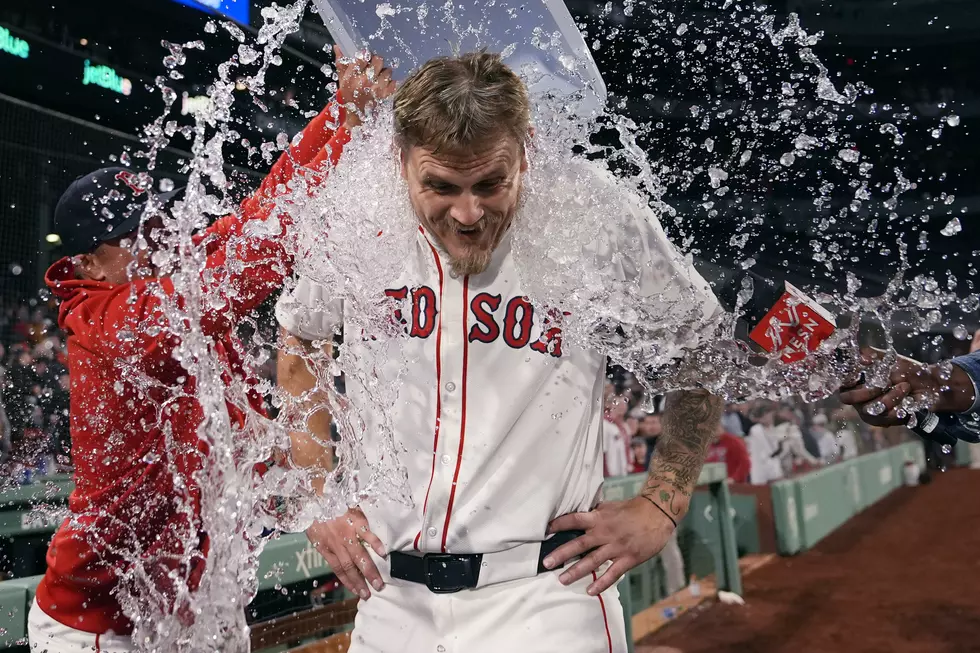
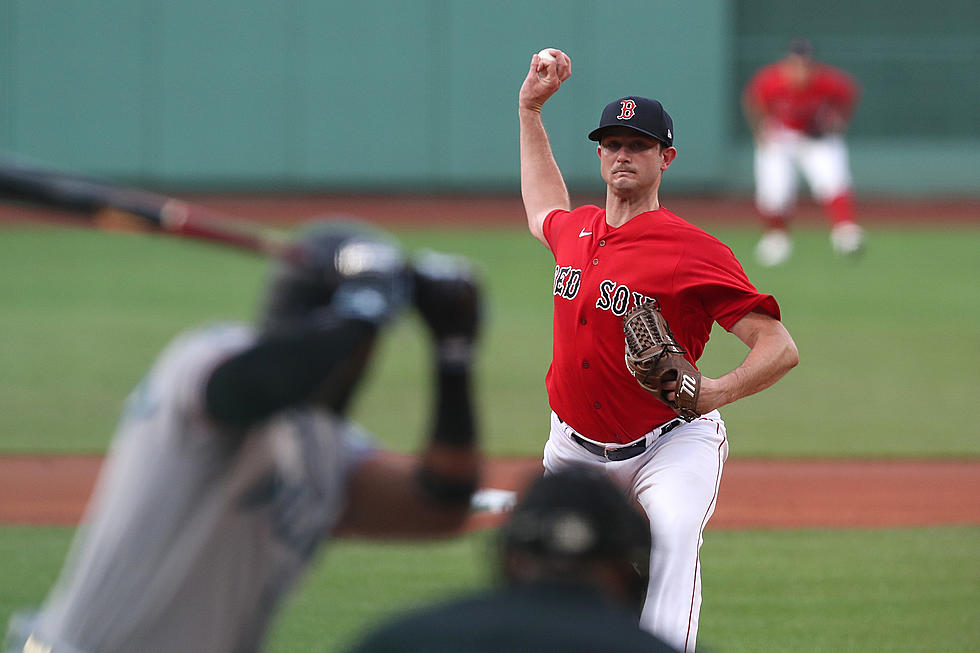
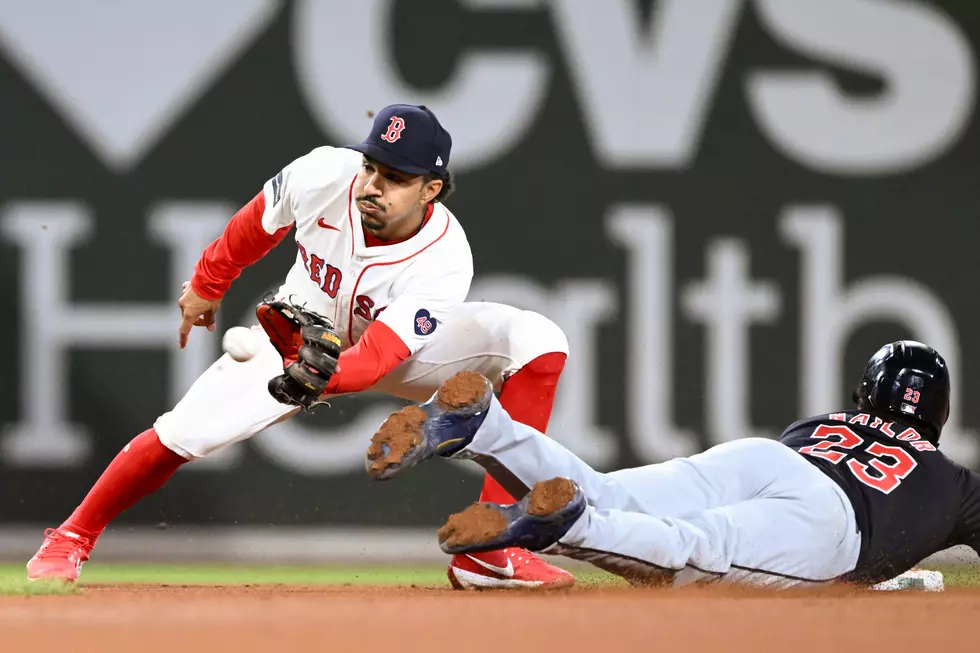
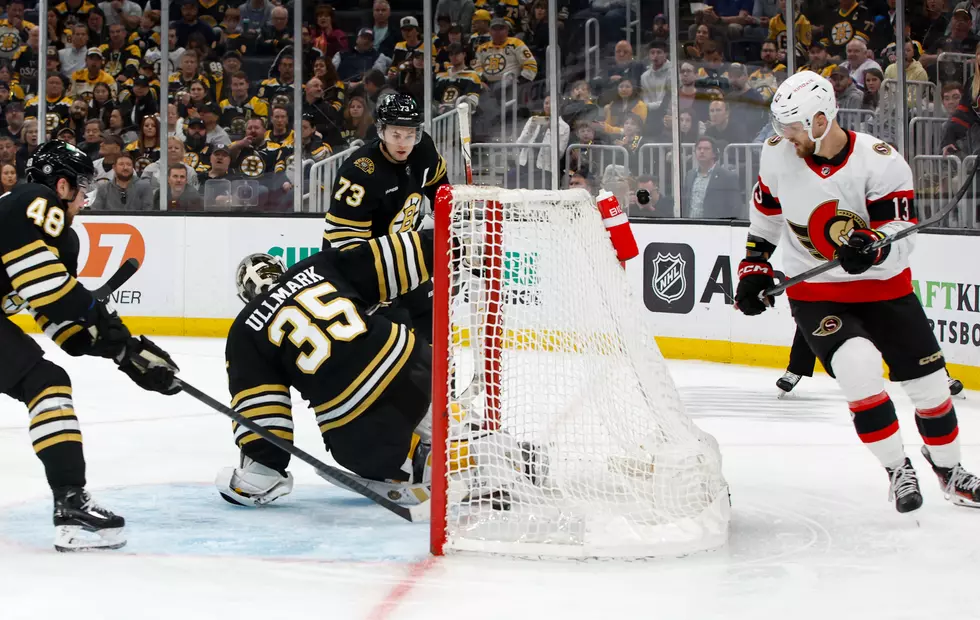


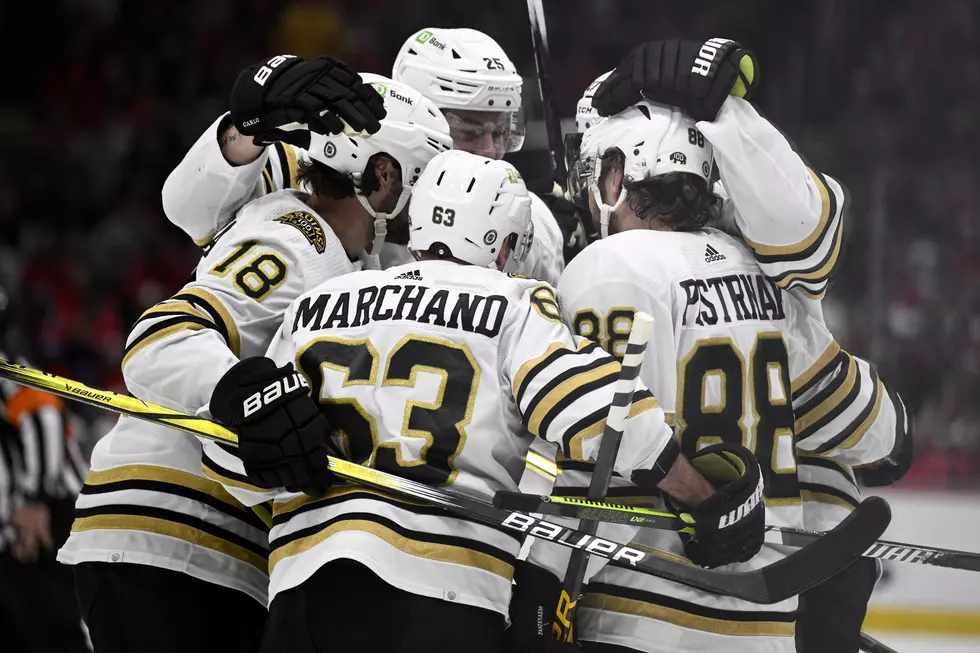
![Boston Celtic’s Tribute to Mike Gorman [VIDEO]](http://townsquare.media/site/591/files/2024/04/attachment-Untitled-design-2024-04-15T063132.776.jpg?w=980&q=75)
